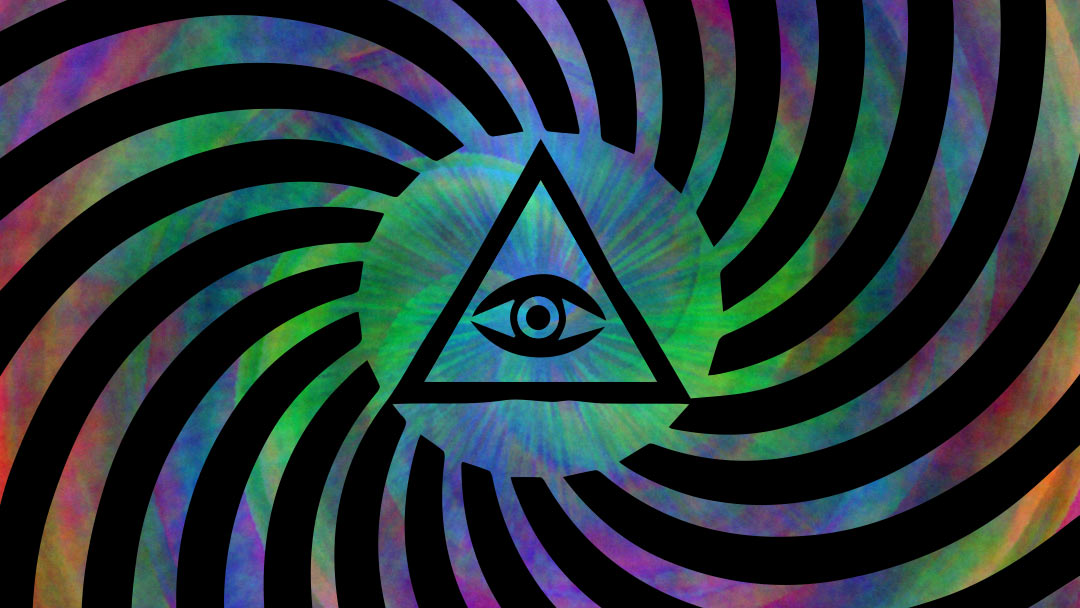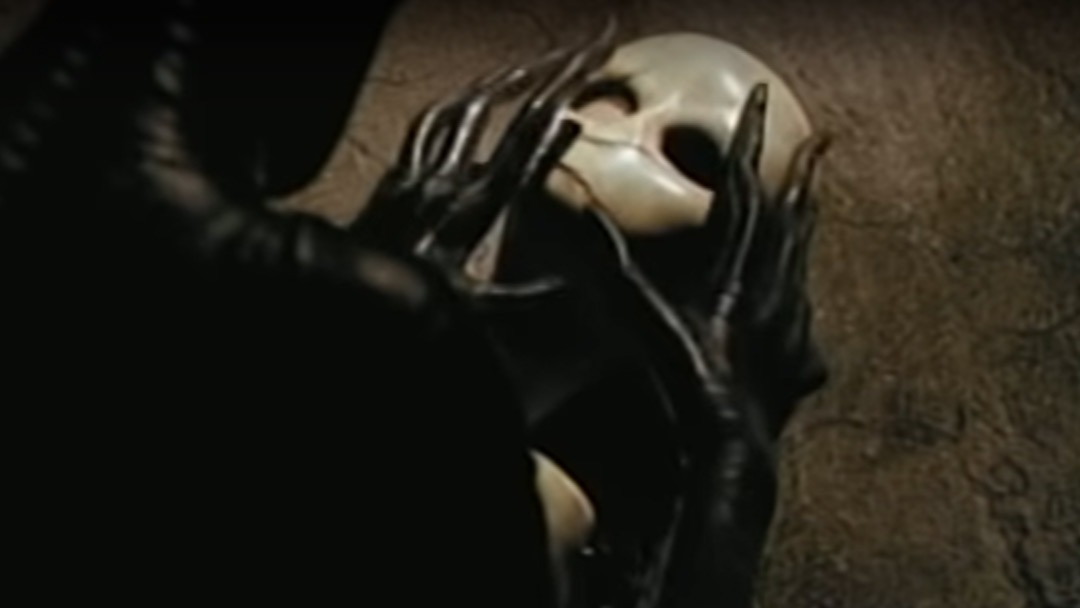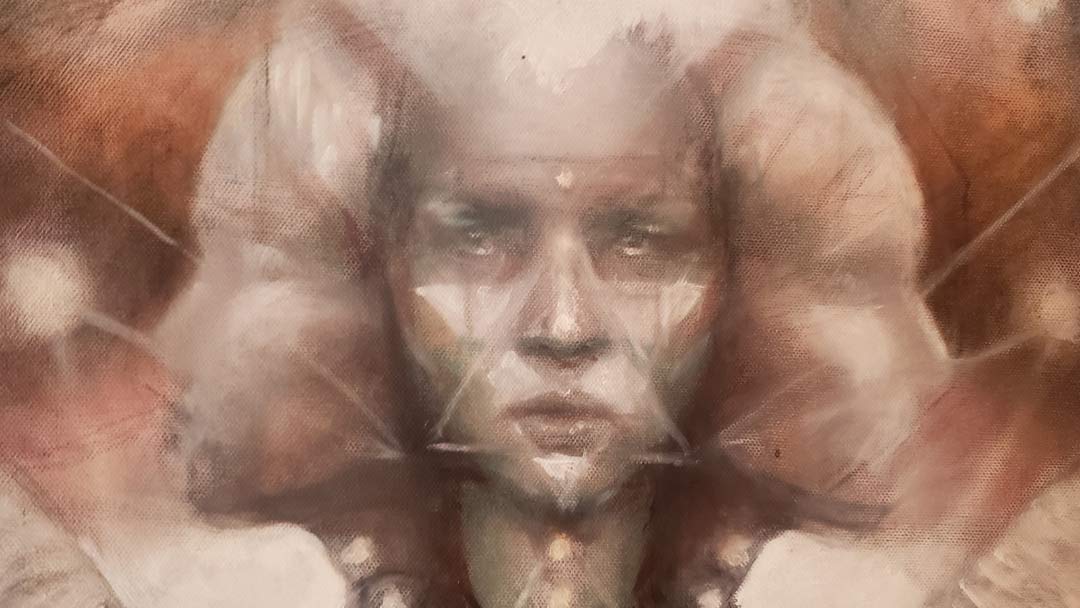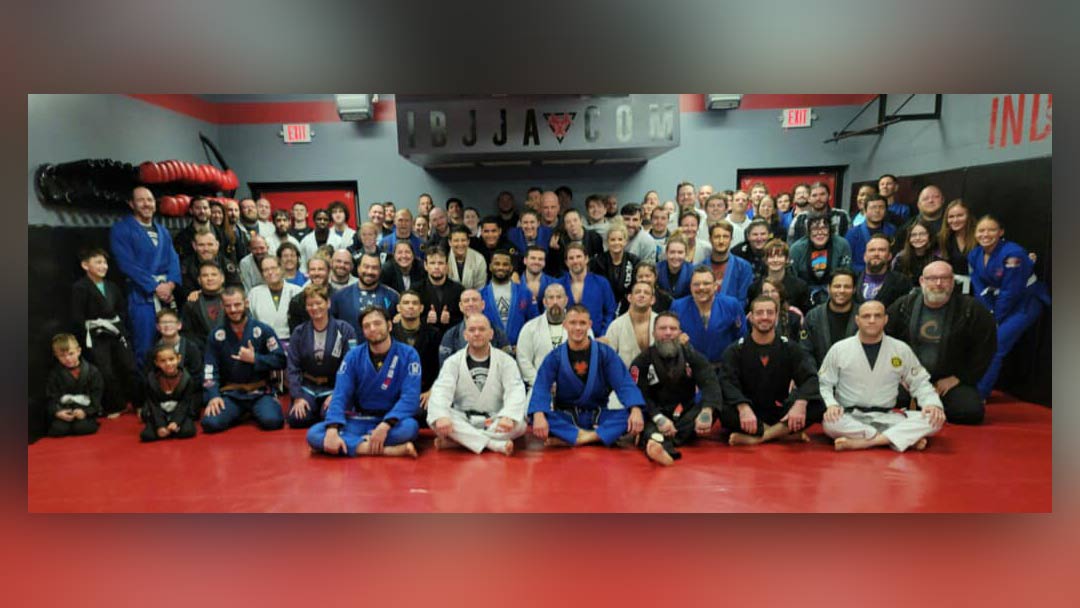Tony Robbins says you can’t experience gratitude and fear/anger at the same time. Part of me suspects this is true, and another part is too stubborn to acknowledge that I might have some measure of control over my emotions and experience.
Regardless, practicing gratitude has been a game-changer for me.
the seed
In 2016 I found this video from by Drew Canole, while looking for ways to adopt an abundance mindset. I just had a feeling that viewing the world through the lens of scarcity might be obscuring real opportunities and having a negative impact on my life.
One of the first things Drew says in this video:
“I get emails from people […] and they’re trapped in this mentality that the world owes them, that they came into this experience, and through their hard work, the trials and the tribulations that they’ve been through, the world owes them something, and that’s a very disempowering belief”.
At the time this hit me hard, having just finished Grad School and struggling to find work with a mountain of debt at my back. I worked so hard to finish school, and I felt like I deserved more opportunities than I saw in front of me. I felt like the universe owed me something, and I believed I was somehow unworthy.
Turns out, the trick is not to find or create evidence of worthiness, or exacting some imagined debt. The trick to demonstrate our abundance by freely giving. When we give, we show the universe (and ourselves) that we are abundant. This is the shift I was looking for, a tool to reprogram my mind. To uninstall the “scarcity” program, and install “abundance” in its place.
The buzzkill rationalist in me is quick to pick apart my woo-woo inclinations: Why? What does it matter? “The Secret” isn’t real… etc.
Will I automatically attract heaps of abundance if I just wish really hard for it every single day? Probably not. But if I choose to look at the world with the belief that “I’m not enough, I’ll never be enough or have enough to be okay”, how can I possibly recognize opportunities for growth? How can I possibly follow my intuition where it wants to go, if the loudest voice in my head is a negative, entitled brat?
on belief systems (bs)
We receive a sea of information in our brains on a daily basis, and our brain has the daunting task of distilling those signals into meaningful perceptions that ensure our survival. What we observe and the thoughts we associate with these observations eventually weave the fabric of our subjective reality—a model of the universe which we experience as if it were objectively true and infallible. The nervous system then makes every effort to support and reaffirm that model. And on, and on it goes.
The mechanism of belief is the same in every human, and it’s function is not to see what’s actually there. But instead to ensure the survival of the organism. It creates the belief (a model of the universe), receives only the signals which affirm the belief, and ignores or dismisses everything else. It’s precisely this reason that we must be vigilant and critical about what thoughts we allow to condense into “Belief”. Because these unwavering beliefs become the atoms in our world, and the walls which contain what we think is possible. Our Belief System (BS) then has direct influence over objectively real things in our universe—our actions, our decisions, and how we show up and influence the world around us.
If we look around with the expectation of disappointment and scarcity, we will only notice the signals which confirm that scarcity, and habitually ignore all the contrary signals that don’t fit the expectation. This is just the way the mind works, and this is why scientists must go to great lengths to subvert their own biases and expectations—because what we expect to see actually changes what we can observe.
So back to this video, the first insight for me was two fold: (1) believing the world owes you something is a dark place to be, and (2) giving creates abundance. I quickly decided to always try and leave more on the table than I take away. To give freely at every turn. And in hindsight, this habit created more opportunities for me than I could imagine.
The second insight is of the importance of gratitude.
on gratitude
In the video, Drew mentions an exercise which he calls the “Awesome Jar”, where we fill a jar with messages of gratitude and the good things that happen on a daily basis. The Jar accumulates over time and becomes a reflection of the goodness in our lives. And when we are feeling down, we can read some of the messages to bring us back to center.
For me, this practice eventually turned into a daily gratitude meditation. Every morning, I would bring to mind things I’m grateful for, large and small, and feel the gratitude in my body. When this exercise becomes a habit, it seems to put everything else in perspective.
The human mind is a lot like air, it fills and takes the shape of the container you place it in. If we move about our lives just wrapped up in the whirlwind of our problems and tribulations, eventually those problems become the whole of our existence—our container. We perceive nothing beyond it. Our existance is then only measured within the scope of our problems.
But gratitude enlarges the container. It stretches the container upward and outward, so that our conscious attention can reach beyond its normal boundaries. This is a fancy metaphor for saying that gratitude alters our perspective. When we actually pay attention to the things that bring us gratitude—for example a cup of coffee, the love of a pet, or something major like clean drinking water—our problems get smaller by comparison, and more manageable. We put our worldview into context.
Then something else happens. We start noticing things—ideas and observations which didn’t fit into the previous model of the world. Possibilities that would have never entered our realm of thought before.
It is in this way that gratitude not only changes our world, but also encourages our growth in a meaningful way by helping us recognize these real possibilities. The doors of opportunity are constantly opening all around us. So if we want growth, and if we want to create a better world, it’s vital that we ensure our sensory apparatus is as clean as possible, and carefully tuned to detect these opportunities.




